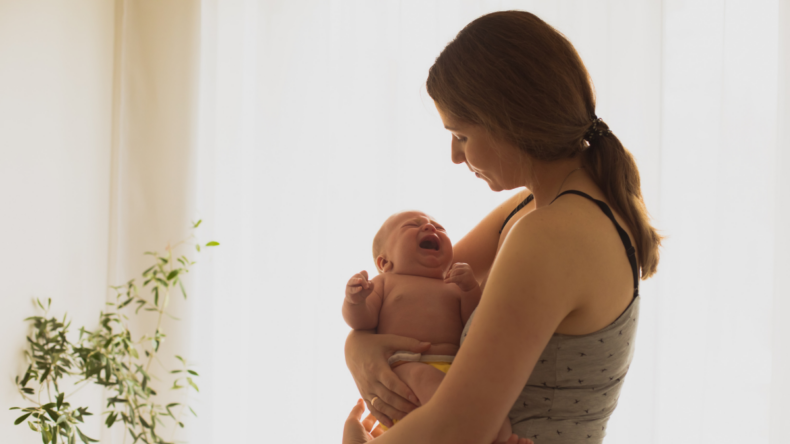What is Postpartum Depression?
Postpartum depression is one of the most talked-about topics in women today. There will be no couple who do not want to wait for the baby. Every moment from knowing that you are pregnant will be the baby that will be born every moment.
Pregnancy ends with decisions about what to name, what to wear, what to eat and which school to teach. Excessive anxiety and anxiety can affect both physically and mentally reflected in nature.
This condition is called Postpartum Depression or PPD, also called post-natal depression. It is a state in which anxiety and joy turn into fear and panic with the birth of a baby.
When Can We Realize?
The condition can develop in the first few weeks after birth and can last up to a year. Some women develop symptoms during pregnancy. But in some people, the symptoms are felt only after pregnancy.
How to Identify PPD:
Although there are some common symptoms, the degree of variability varies from one person to another.
- Continuous expressions.
- Changing emotional upheavals.
- Self-blame without cause.
- Lose hope and spend time in grief.
- Excessive sleep or complete loss of sleep.
- Abstinence from food or overeating.
- Lonely thoughts away from others.
- Stay away from the child.
- Not interested in anything.
- Self-harm or child abuse in any way.
- Stay away from family members on the assumption that you have or have had a fever, headache, or abdominal pain on consecutive days.
What Causes Postpartum Depression?
In a nutshell, it is the fluctuation in hormonal changes. During pregnancy, the female body’s hormones, estrogen and progesterone, rise and fall during childbirth. The body’s response to this can lead to depression.
Have You Ever heard of Baby Blues?
Studies show that 70-75% of women go through a condition called baby blues, which lasts from a few hours to one or two weeks after delivery, characterized by sudden emotional upheavals and little sadness and fear.
The only cure beyond any treatment is good cooperation from family members and mutual consolation, and there is not enough strength to stop adding.
Is Treatment Available?
It is not a disease that needs treatment like other diseases. The mother who is breastfeeding her baby needs treatment that strengthens her mind.
The first step is counselling, followed timely manner, including with the patient and family members because the consideration and security of family members will increase the mental strength and power of a woman who is a new mother.
In addition, therapies can do with the advice of a doctor. It contains anti-depressant drugs, and Electroconvulsive Therapy (ECT) follows in very severe cases.
Do The New Fathers Have Depression?
Although very rare, studies show that postpartum depression affects fathers as well. Anxiety, fatigue, insomnia, lack of appetite, relationship problems and financial obligations are all cited as reasons for this, called Paternal Postpartum Depression.
What Happens if Left Untreated?
Parents are the foundation of any family. Even if one of them does not have the proper mental health, it will destroy the family and family relationships. The breakdown of family ties also affects the younger generation.
The main reason for the increase in divorces in today’s living conditions is the lack of family unity and lack of mutual understanding. Avoiding situations like these can help build a good family relationship.
Childbirth During Covid 19:
The changes, fatigue, and conditions in a woman’s body from the moment she adopts a baby are complex.
Have you ever considered the situation of a woman who is going to be a mother when the world itself shrinks in fear of the coronavirus? Studies and papers on the subject underscore the importance of mental health.
Anxiety and depression percentage of severity may be higher than usual. The best thing to do during these times is to understand the reality and feel free to ask for help when you need it.
Also, avoid visitors and follow the safety shields for Covid control with full responsibility. Bringing someone look after the baby in this situation is a fear for the mother and everyone in the family.
Stay with the mother with the family, fully cooperating. Remember that the partner’s mental health responsibility is to see each other, talk openly, and approach the newcomers of happiness.













